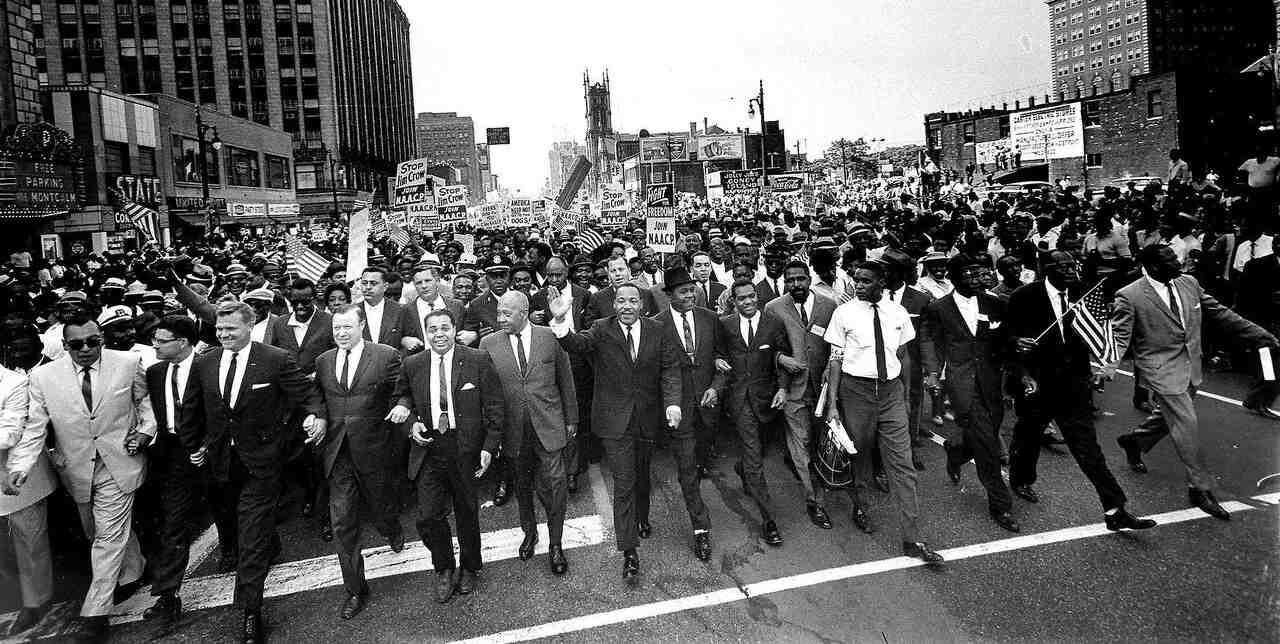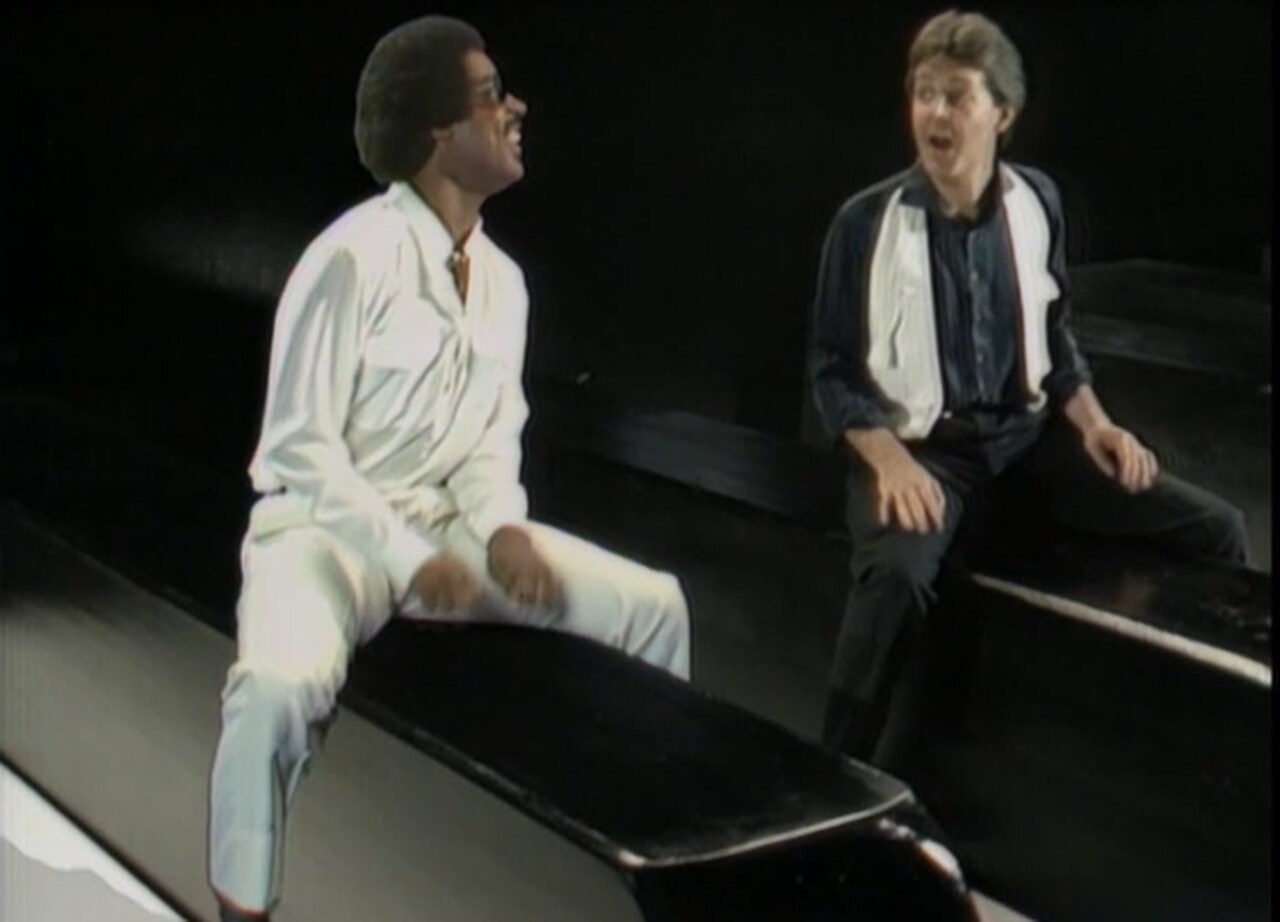Stevie Wonder’s journey shows how powerful perseverance and talent are in overcoming challenges.
Born six weeks premature in 1950, Stevie received too much oxygen in the incubator, causing him to become blind shortly after birth due to retinopathy of prematurity.
Despite this significant challenge, Wonder went on to become one of the most influential and successful musicians of the 20th century.
He revolutionised the music industry by blending genres and creating a unique sound that transcended racial and musical boundaries.
His story offers valuable lessons for anyone facing obstacles in life.
Here are 7 key lessons we can learn from Stevie Wonder’s remarkable life and career.
1. Embrace Your Uniqueness
Stevie Wonder never let his blindness define him negatively.
Instead, he used it to develop his other senses, particularly his extraordinary hearing.
This unique perspective allowed him to create innovative sounds and rhythms that sighted musicians might not have conceived.
For example, his groundbreaking album “Talking Book” (1972) featured the use of synthesisers in ways that had never been done before in popular music.
He created a whole new sound that would influence generations of artists.

2. Start Early and Persist
Wonder began playing instruments at a very young age, mastering the piano, harmonica, and drums by age 9.
His early start and persistent practice led him to sign with Motown’s Tamla label at just 11 years old.
His first major hit, “Fingertips (Pt. 2),” came when he was only 13, making him the youngest artist to top the Billboard Hot 100.
This early success came from years of dedicated practice.
It shows that starting early and persisting through challenges can lead to extraordinary achievements.

3. Continuously Innovate
Throughout his career, Wonder never stopped innovating.
In the 1970s, when he gained full artistic control of his music, he experimented with new instruments and recording techniques.
His album “Music of My Mind” (1972) was one of the first to use synthesisers throughout.
He formed a new sound that would define much of pop music in the following decades.
This willingness to try new things and push boundaries kept his music fresh and relevant across multiple decades.

4. Use Your Platform for Good
Wonder has consistently used his fame and music to advocate for social causes.
In 1980, he spearheaded a campaign to make Martin Luther King Jr.’s birthday a national holiday, releasing the song “Happy Birthday” to support the cause.
His efforts, including a rally that drew 100,000 people, culminated in the holiday being officially recognised in 1983.
This shows how you can use your talents and platform, whatever they may be, to effect positive change in the world.

5. Collaborate and Learn from Others
Despite his immense talent, Wonder has always been open to collaboration.
He’s worked with countless artists across various genres, from Paul McCartney to Elton John to Kendrick Lamar.
One notable collaboration was with Paul McCartney on “Ebony and Ivory” in 1982.
It was a song promoting racial harmony that topped the charts worldwide.
These collaborations allowed Wonder to continuously learn and evolve as an artist.
It demonstrated the value of openness and lifelong learning.

6. Turn Setbacks into Comebacks
In 1973, Wonder was in a serious car accident that left him in a coma for 4 days and temporarily without his sense of smell and taste.
Instead of letting this setback derail him, he came back stronger.
His next album, “Innervisions,” released just days after the accident, is considered one of his best works.
It won Album of the Year at the Grammy Awards.
This resilience in the face of adversity shows how setbacks can be turned into opportunities for growth and creativity.

7. Stay True to Your Values
Throughout his career, Wonder has remained committed to his personal values and artistic integrity.
In 1971, when his contract with Motown was up for renewal, he negotiated for full artistic control of his music.
It was a move almost unheard of at the time.
This resulted in his “classic period” in the 1970s, producing some of his most critically acclaimed and commercially successful work.
By staying true to his artistic vision, Wonder was able to create music that was both personally fulfilling and universally appealing.

Your Disadvantages are Your Unique Strengths
Stevie Wonder’s life and career offer powerful lessons in overcoming adversity, pursuing passion, and making a positive impact.
His journey shows that what some might see as disadvantages can become unique strengths with the right mindset and determination.
Whether you’re facing personal challenges, professional setbacks, or societal barriers, these lessons from Wonder’s life can inspire you to persist, innovate, and succeed.
It’s not about the obstacles you face, but how you choose to overcome them that defines your journey to success.


